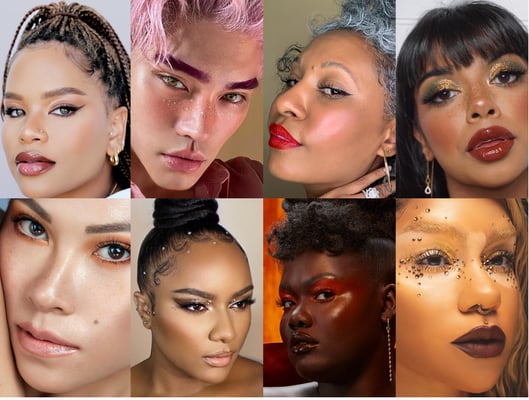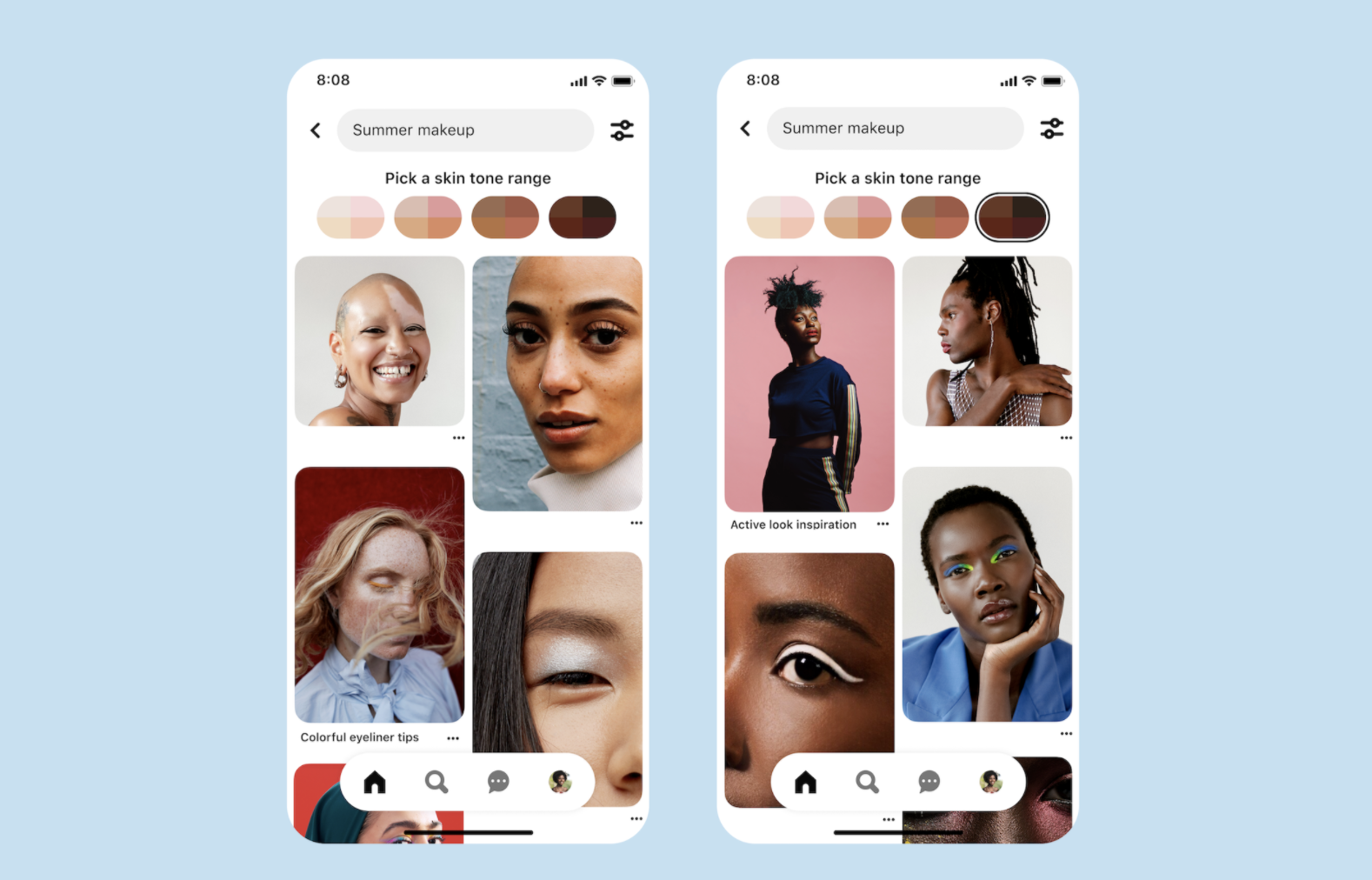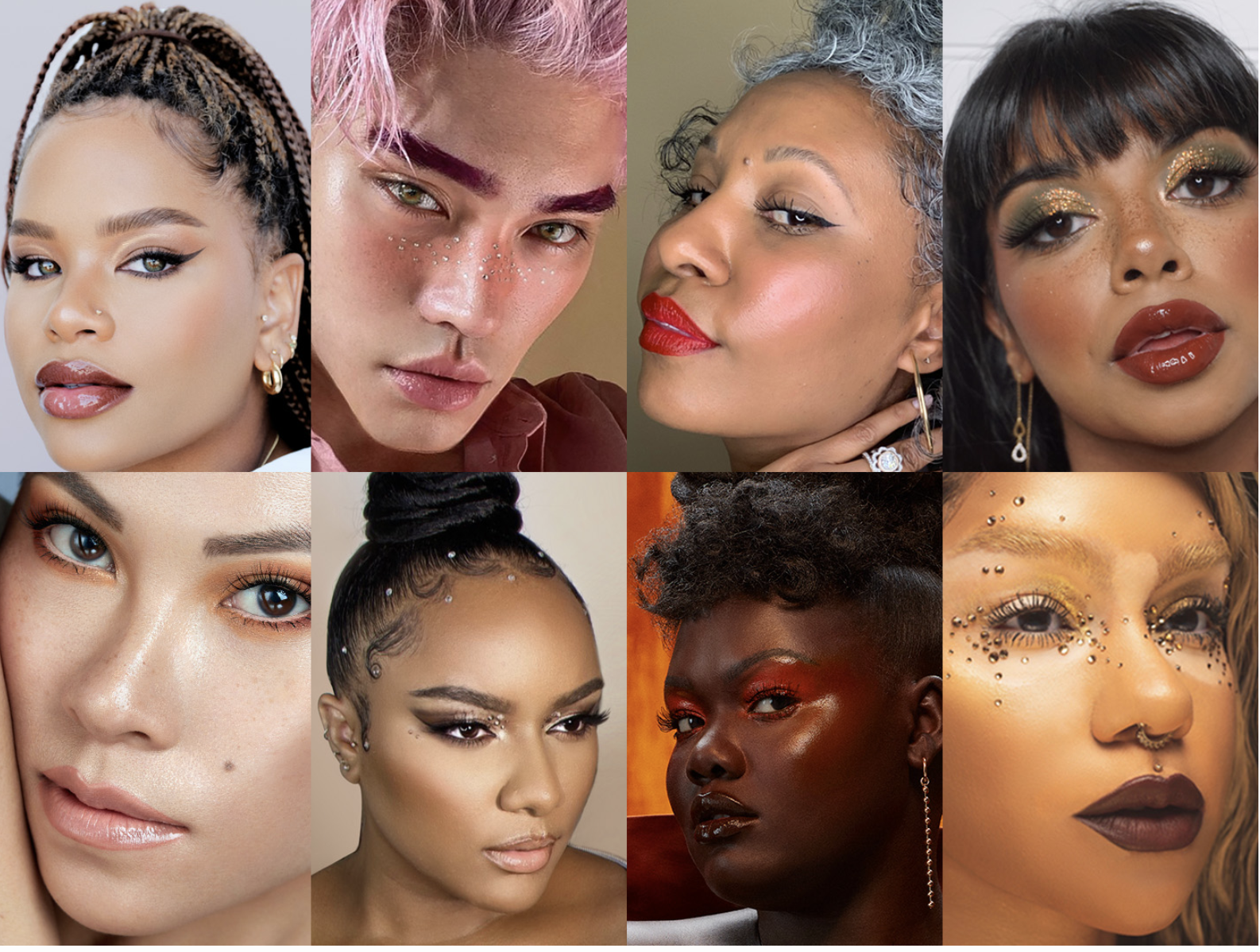Subscribe now and get the latest podcast releases delivered straight to your inbox.
Pinterest continues diversity and inclusion efforts with new features and leadership

Dec 16, 2020

Pinterest (the inspiration and DIY-focused social giant) has made huge strides to strengthen its diversity and inclusion efforts this year.
For example, in June, the company announced that it would increase its diversity slate to encompass a more diverse executive team. The company also stated it wanted to increase the inclusive representation of the content on its platform.
🔎 Related: Pinterest moves to support businesses during COVID-19
The team had this to say in regards to this cultural pivot within their company:
"From creators across the world to the content on our platform, we are committed to making Pinterest a more inclusive place. That means purposely building a company and product for everyone, reflecting our global audience of over 400 million Pinners that turn to Pinterest each month for inspiration to create a life they love.
With the rollout of many new features such as skin tones filters, story pins, and Pinterest Shop, Pinterest is finding more and more ways to amplify the voice of underrepresented communities.

Image credit: Pinterest
So far, the reaction to these changes has been met with positivity:
Apparently this has been around for a bit, but shoutout @Pinterest for the skin tone selector added to relevant searches. Inspiring and moving to see big platforms explore how they can make their experiences more #inclusive. Let's hope more follow. #representationmatters 👏 pic.twitter.com/RRPzzd7ZDh
— Ramona Sukhraj (@ramonasukhraj) September 10, 2020
Representation matters to Pinterest
In their announcement, the Pinterest team highlighted their plan to really focus on amplifying diverse and underrepresented voices on their platform:
“...we’re committed to ensuring that 50% of the managed creators we’re working with come from underrepresented groups. And, in the coming weeks, we’re introducing a new way for retailers of all sizes, advertisers and creators to self-identify if they’re from an underrepresented group so their content will appear in these emerging spaces, including the Today tab, Shopping Spotlights and The Pinterest Shop.”
Pinterest is also in the midst of launching its Make the World See All Beauty campaign.
The focus of their campaign is to showcase representation in beauty content all across social media platforms and digital magazines, all while furthering Pinterest's goal of celebrating representation in all aspects of beauty.

Image credit: Pinterest
Pinterest, like other companies, is using its platform as means to further empower small businesses. This is especially true this year, as the COVID-19 pandemic has wreaked havoc on the economy.
As part of that elevation of small businesses, Pinterest is purposefully amplifying underrepresented creators and businesses, allowing for better visibility into more diverse communities.
🔎 Related: Pinterest edges Snapchat as 3rd most popular social platform
Inclusive marketing and brand experiences
Now more than ever, brands are seeing the impact of showcasing under-represented communities within their marketing efforts.
This should come as no surprise given that this is what consumers are looking for — more inclusive brand experiences. For example, 61% of Americans find diversity in advertising important.
Furthermore, according to a 2019 report conducted by Adobe and shared by Forbes, consumers had this to say:
- 66% of African-Americans, and 53% of Latino and Hispanic Americans feel their ethnicity is portrayed stereotypically in advertisements.
- 61% of Americans find diversity in advertising important
- 38% of consumers are more likely to trust brands that do well with showing diversity in their ads.
Still, true and diverse representation should be much more than a symbolic or social gesture. The drive behind such efforts should be rooted in creating an inclusive experiences that are purposeful and thoughtful.
For instance, IMPACT Managing Editor Ramona Sukhraj had this to say about Pinterest's new features:
“I was ecstatic when I first saw Pinterest’s skin tone segmentation a months ago. Yes, it’s a huge symbolic step for diversity and inclusion when consumers are demanding it, but, it’s also just brilliant UX. The selector solves for a common user pain point — finding beauty looks that may best suited for your specific skin tone.
While the filtering still needs some work, it’s going to make finding what you need on the platform so much faster and easier. It’s a really smart and creative example of how brands can start making their digital experiences more inclusive and effective.”
Why does representation in marketing matter?
As we see the world evolve, we marketers are often trying to catch up on what the latest and greatest trends are. When it comes to matters of diversity and inclusion, however, this is a different story.
🔎 Related: 23 eye-opening inclusive marketing statistics that prove its power
Diversity and inclusion isn't a fad or a trend. We live in an increasingly diverse world and even social causes aside, being more inclusive will help brands grow their potential audience and, ultimately, their bottom lines.
69% of brands with representative ads saw an average stock gain of 44% at the end of last year. This is because you are able to tap in multiple demographics and have a wider variety of audience and reach:
"Great marketing reaches people, and that’s what is at the root of inclusive and diverse marketing. It’s about growing your potential market of buyers. It’s about expanding your reach beyond just the groups you’ve conventionally targeted to welcome and connect with new ones.
With more competition popping up every day and technology connecting us more globally, this is an opportunity to grow your market and grow your business. It’s also a chance to explore ways to connect on a deeper level with existing customers; to discover new facets of their lives and resonate with them in more meaningful ways." (Source)
Thank you Pinterest, for being that example to continuously push forward with diversity, equity and inclusion.
Free Assessment: